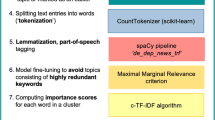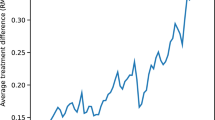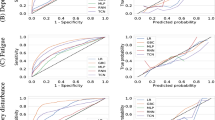Abstract
*Objective*
We have assessed the utility of a pre-publication validation policy in reducing the probability of publishing false positive research findings. *Study design and setting*The large database of the Sylvia Lawry Centre for Multiple Sclerosis Research was split in two parts: one for hypothesis generation and a validation part for confirmation of selected results. We present case studies from 5 finalized projects that have used the validation policy and results from a simulation study.
*Results*
In one project, the "relapse and disability" project as described in section II (example 3), findings could not be confirmed in the validation part of the database. The simulation study showed that the percentage of false positive findings can exceed 20% depending on variable selection. *Conclusion*We conclude that the validation policy has prevented the publication of at least one research finding that could not be validated in an independent data set (and probably would have been a "true" false-positive finding) over the past three years, and has led to improved data analysis, statistical programming, and selection of hypotheses. The advantages outweigh the lost statistical power inherent in the process.
Similar content being viewed by others
Article PDF
Author information
Authors and Affiliations
Corresponding author
Rights and permissions
About this article
Cite this article
Daumer, M., Held, U., Ickstadt, K. et al. Reducing the Probability of False Positive Research Findings by Pre-Publication Validation - Experience with a Large Multiple Sclerosis Database. Nat Prec (2007). https://doi.org/10.1038/npre.2007.433.1
Received:
Accepted:
Published:
DOI: https://doi.org/10.1038/npre.2007.433.1



